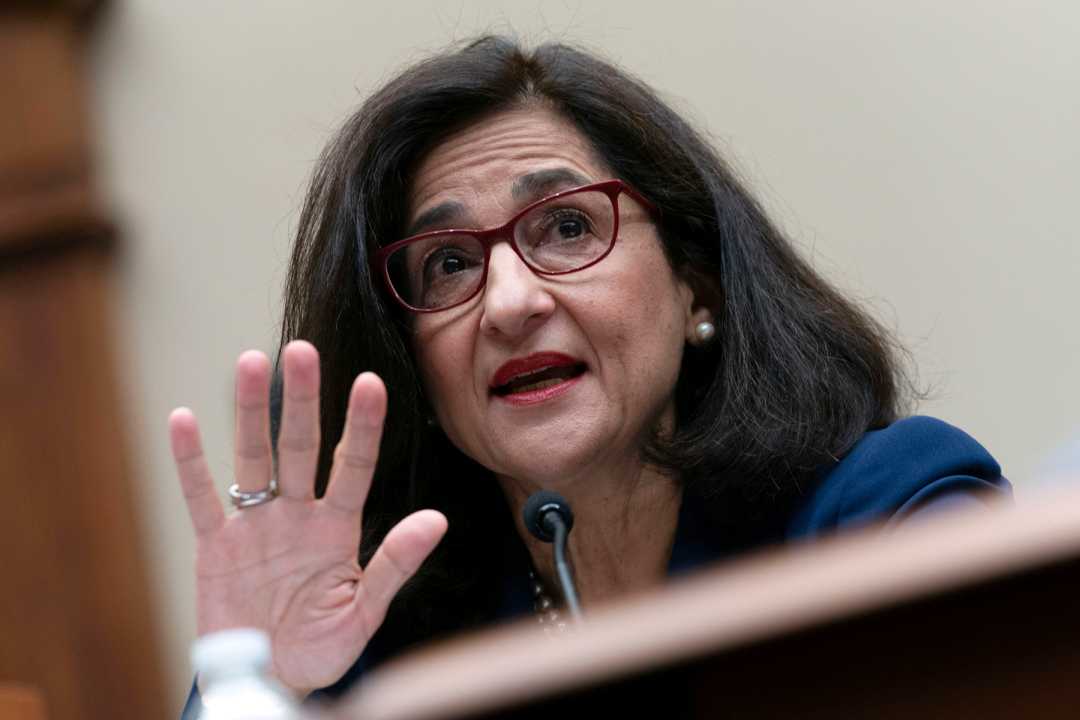Education
Columbia University President Resigns Amid Protests

Columbia University has announced that its president, Minouche Shafik, has stepped down effective August 14, 2024. This decision follows a tumultuous year marked by significant protests and unrest on campus.
The resignation came as a surprise to many students. Yakira Galler, a sophomore at Barnard College, shared her mixed feelings about it. She acknowledged that while she disagreed with some of Shafik’s decisions, she believed the president could have taught valuable lessons about leadership and accountability.
Gabriel Freedman-Naditch, a junior at Columbia, echoed similar sentiments, expressing disappointment over the timing of the resignation. Freedman-Naditch attended listening sessions that Shafik organized and believed she had the potential to guide the university through its challenges.
On the other hand, reactions among activists on campus were more divided. Supporters of pro-Israel views criticized Shafik for allowing pro-Palestinian students to threaten their safety. Meanwhile, pro-Palestinian protesters blamed her for calling the police on their demonstrations, resulting in multiple arrests.
Shai Davidai, a professor at Columbia, commented that the recent events were never personal, emphasizing that the struggle was about ensuring a safe environment for all students. He listed changes he hopes the next president will implement, including banning specific student groups.
In the midst of these tensions, Columbia University announced that Katrina Armstrong, the CEO of the medical center, would serve as interim president. Brian Cohen, the executive director of Columbia’s Hillel, expressed a focus on collaboration with the new administration to address ongoing campus issues.
As the new academic year approaches, many students hope for a calmer atmosphere. However, the presence of a digital billboard outside the campus displaying Shafik’s face with a critical message suggests that tensions are far from resolved.












